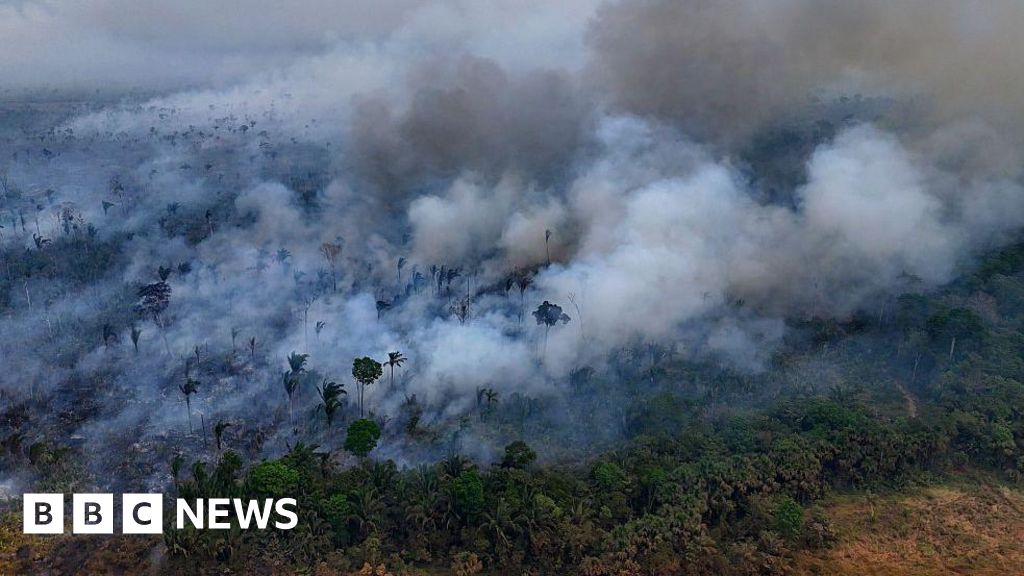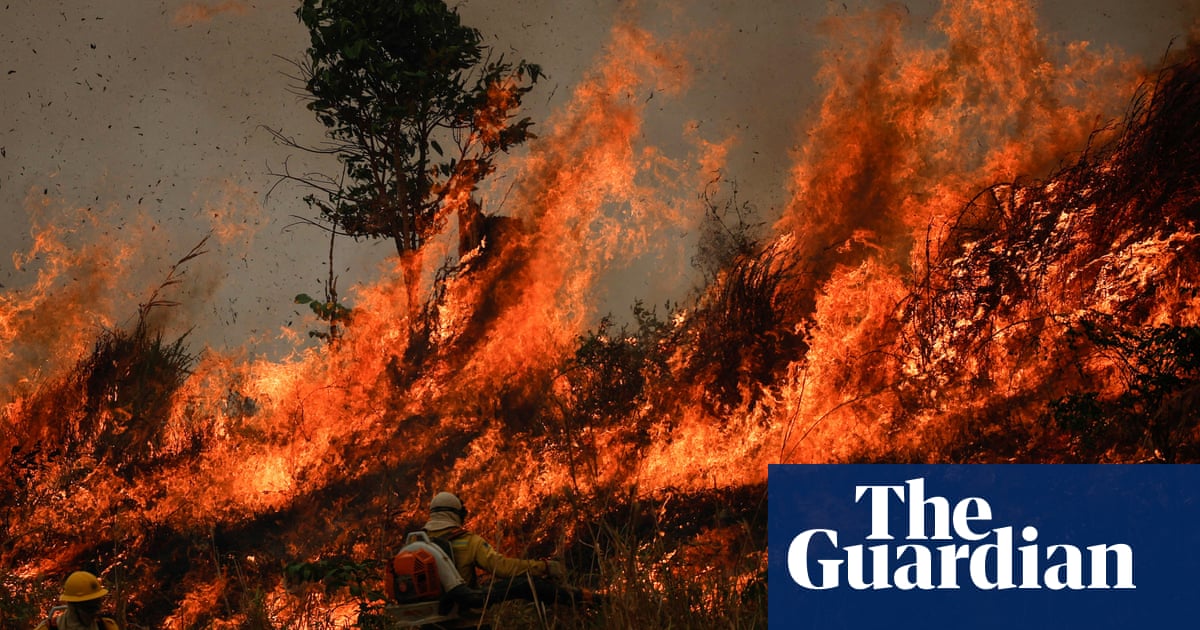Record Forest Loss Due to Fires and Climate Change in 2024
Global forest loss hit an all-time high in 2024, primarily driven by unprecedented wildfires and climate factors, posing significant environmental risks.
Subscribe to unlock this story
We really don't like cutting you off, but you've reached your monthly limit. At just $5/month, subscriptions are how we keep this project going. Start your free 7-day trial today!
Get StartedHave an account? Sign in
Overview
2024 marked a record year for forest loss globally, with over 67,000 sq km gone, fueled by fires, especially in the Amazon. Fires became the leading cause of deforestation, surpassing agricultural expansion. Countries like Brazil and Bolivia faced severe losses, while Southeast Asia saw improvements due to effective policies. Government actions and community management can influence outcomes, but challenges persist as climate change exacerbates forest fires, threatening biodiversity and carbon storage. Immediate global action is essential to reverse these trends before they lead to irreversible damage.
Report issue

Read both sides in 5 minutes each day
Analysis
- Record levels of deforestation were seen in tropical forests in 2024, primarily driven by fires rather than agricultural practices, raising concerns about a potential ecological tipping point for these ecosystems.
- Urgent global action is needed to address forest loss, as many countries are failing to meet pledges made to halt deforestation, highlighting a collective failure that threatens climate stability.
- Successful protective measures in regions like South East Asia demonstrate that political will and community enforcement can effectively reduce deforestation, contrasting with increasing losses elsewhere.
Articles (3)
Center (1)
FAQ
No FAQs available for this story.
History
- This story does not have any previous versions.


